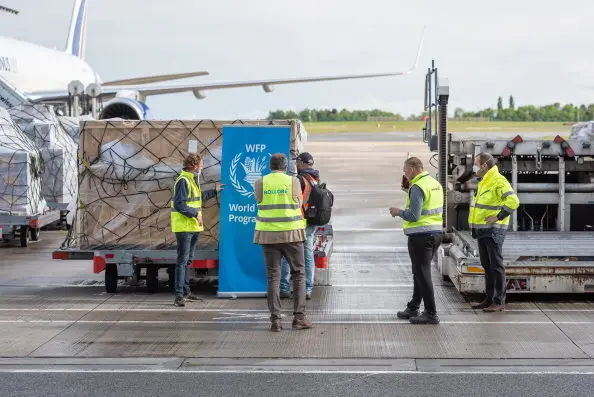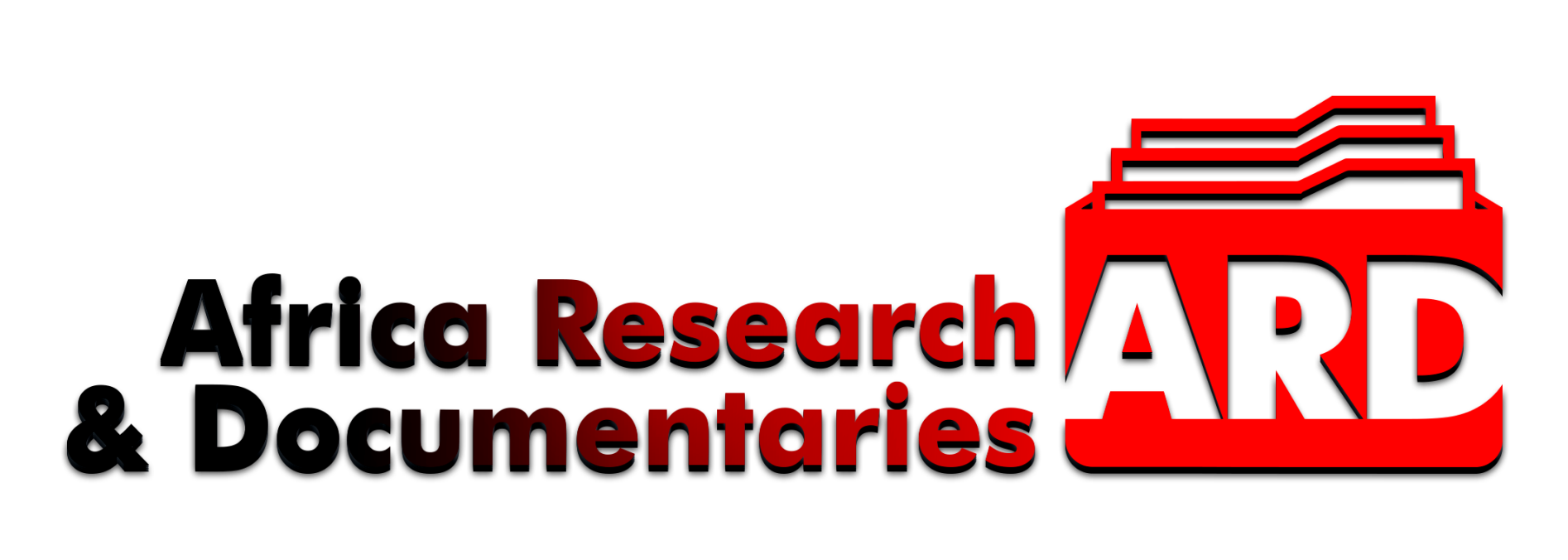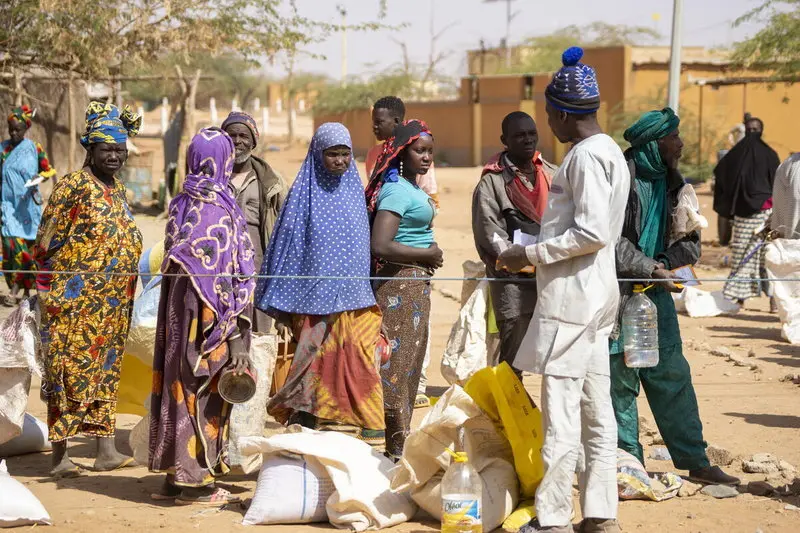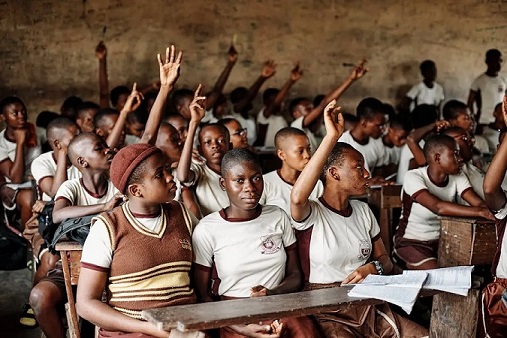UN food programme targets Nigeria, others

The United Nations World Food Programme (WFP) has launched a critical initiative to provide food and nutrition assistance to eight countries in West and Central Africa, including Nigeria. The program aims to support 7.3 million people during the June-August lean season, potentially expanding to 12 million if sufficient funding is secured. The region faces severe food insecurity and malnutrition, exacerbated by conflicts, high food prices, and climate impacts. Despite the urgent need, funding for humanitarian efforts remains insufficient, risking further deterioration of the crisis. WFP emphasizes the necessity of both emergency response and long-term sustainable solutions.
Targeted Countries
The WFP has identified Nigeria, Cameroon, Central African Republic, Chad, Mali, Mauritania, Burkina Faso, and Niger as the primary beneficiaries of this program. This initiative is particularly crucial during the June-August lean season when food stocks are low, and hunger levels peak.According to the WFP’s statement, the program will initially target 7.3 million people during this critical period. If sufficient funding is secured, the reach could extend to 12 million people. The lean season response supports national governments’ efforts to address food insecurity during these challenging months.
Rising Hunger Crisis
West and Central Africa are experiencing a severe food security crisis. Nearly 55 million people are projected to face acute hunger during the lean season, a significant increase from previous years. The region also faces alarming levels of malnutrition, with an estimated 17 million children under five acutely malnourished.Chris Nikoi, WFP’s Regional Director for Western Africa, emphasized the urgent need for both immediate and long-term solutions. “The alarming hunger crisis in the region underscores the need for transformative solutions to help vulnerable families meet their immediate food needs and build a brighter future,” Nikoi stated. He called for increased investment in sustainable solutions to strengthen food security, improve agricultural productivity, and cushion economic and climate shocks.
The alarming hunger crisis in West and Central Africa underscores the need for transformative solutions to help vulnerable families meet their immediate food needs and build a brighter future,” said Chris Nikoi, WFP’s Regional Director for Western Africa.
The community
Challenges and Causes
The hunger and nutrition crisis in West and Central Africa is driven by multiple factors, including conflicts, high food prices, and climate change impacts. Economic shocks, such as market disruptions, high inflation, and increased costs of fuel and agricultural inputs, have further exacerbated the situation, particularly in countries like Nigeria, Ghana, and Sierra Leone.Despite the growing need, funding for humanitarian operations has not kept pace. Many families facing severe food insecurity are left without assistance, risking further deterioration in their condition. The WFP warns that the 2024 seasonal forecasts predict both dry spells and floods, potentially worsening the situation and extending the lean season.
The WFP’s initiative aims to address immediate food and nutrition needs while also focusing on sustainable solutions to prevent future crises. However, the success of this program heavily relies on securing adequate funding to meet the escalating humanitarian needs in the region.











